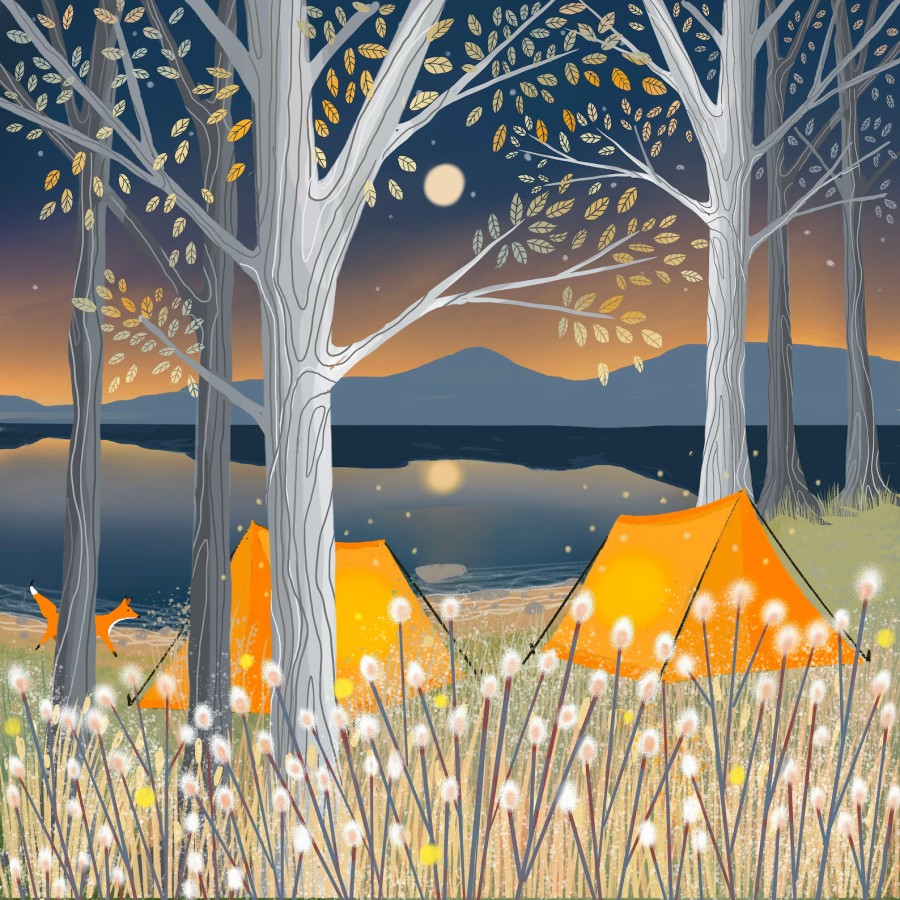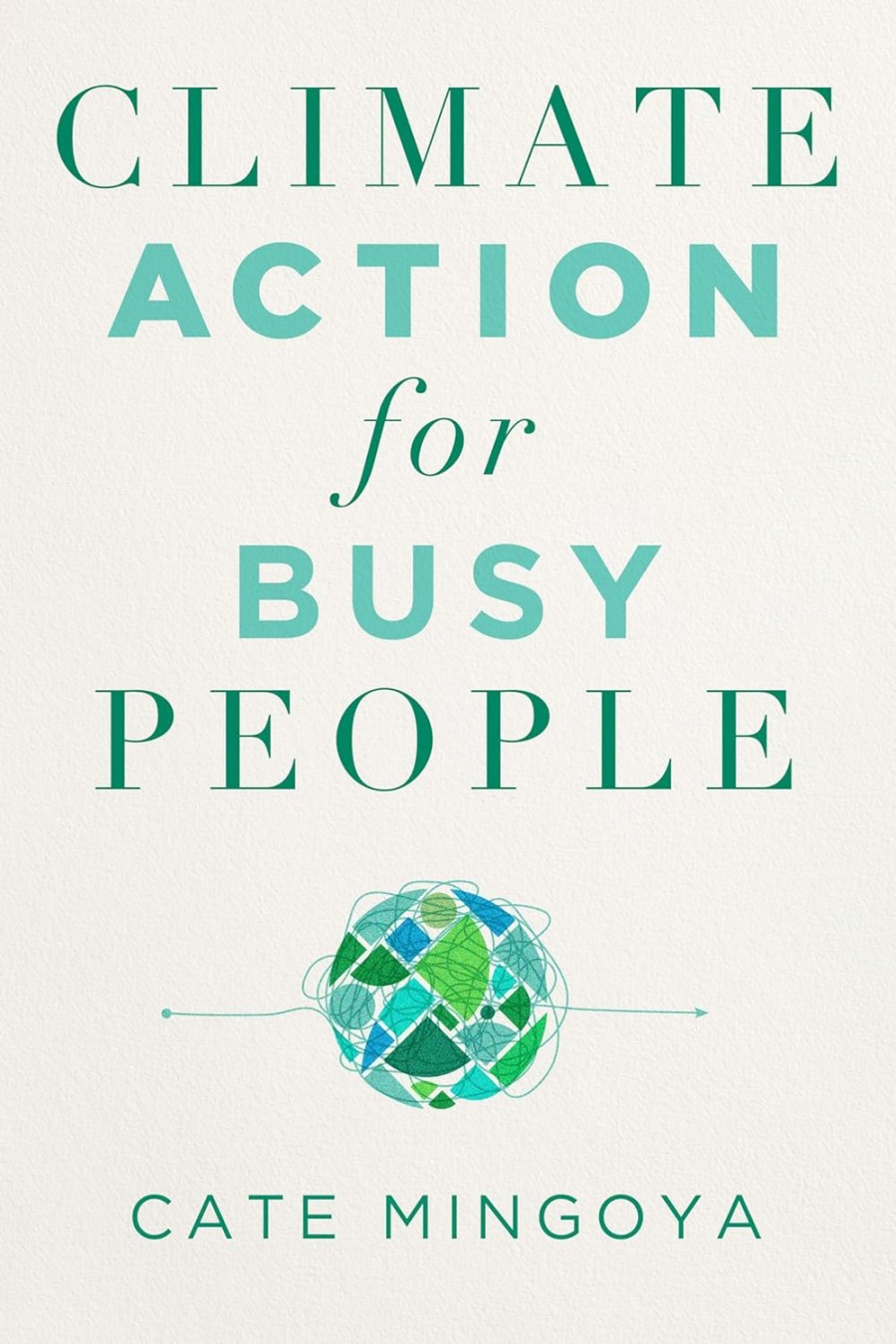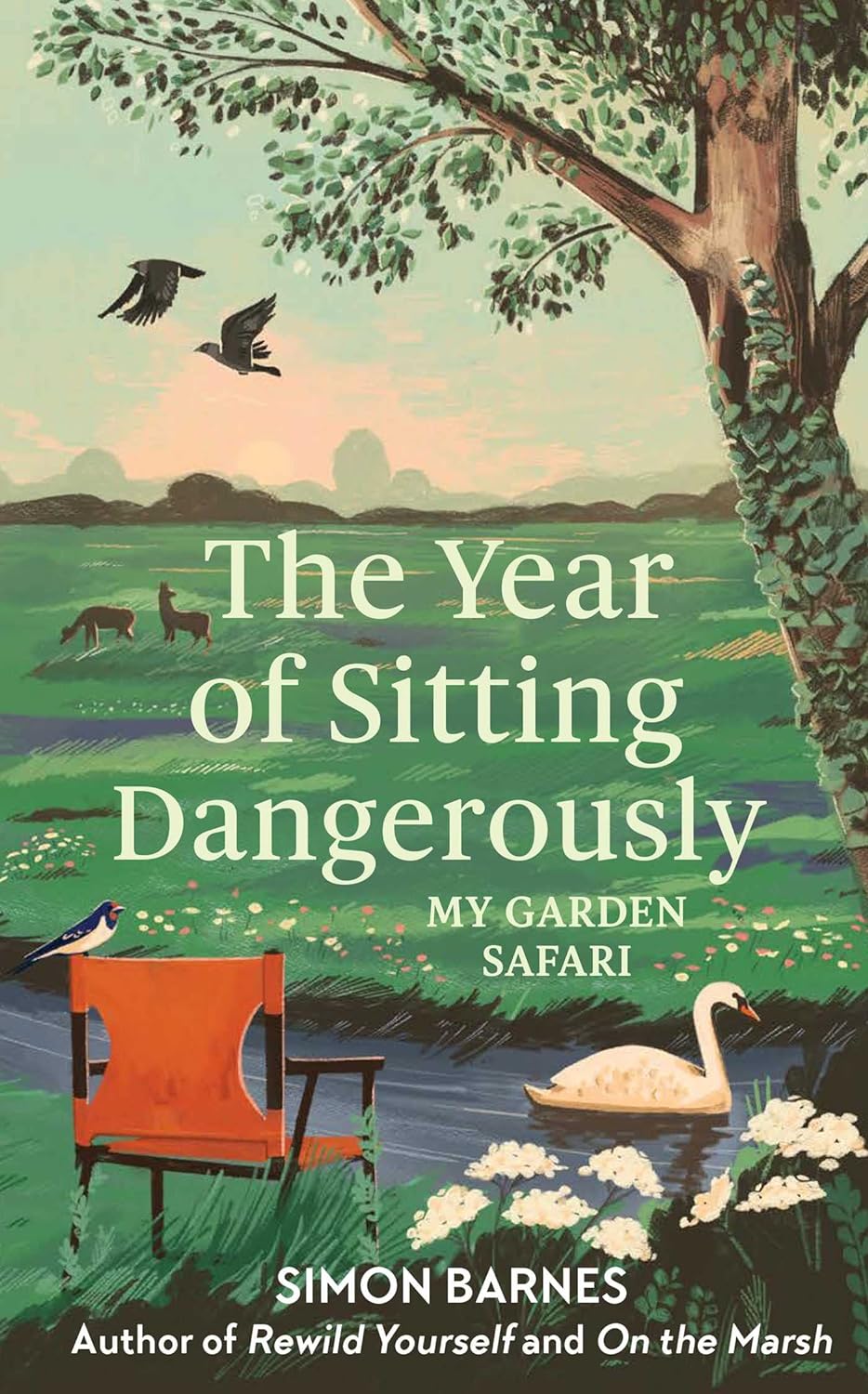
New Zealand is the country closest to Antarctica than any other, so it’s well aware of the issues of climate change, and therefore one of the greenest. A very progressive country, it’s the only country on earth where all the highest offices have been held at the same time by women (the country was the first to give women the vote back in the 1800s) and despite its importance economically, is one of the few western economies that says no to nuclear power. A third of this beautiful country is national forest, and along with coast, geysers and volcanoes, you won’t get a more stunning place to live or visit. The weather is mild, so you get all the benefits of Australia without too-hot sun (and no deadly snakes!)
This is a real outdoorsy lifestyle. Most people hike in nature or visit the beach, and the NZ All Blacks Rugby Team has won more tournaments than all other rugby teams in the world combined. The food is pretty healthy too, with lots of fresh fruits (kiwis are actually imported from China) with the most popular dessert being pavlova. The country its issues with live exports of sheep (lamb is popular) but overall this is a pretty good country that we can learn from.
New Zealand has hardly any people!
Due to its location (even Australia is 3 hours away) and a strict immigration policy, New Zealand has a low popuation. It has around 20 people per square kilometre. Compare that to our 434 people (or 5000 people per square km in London) and you can see how much more quiet and relaxing it is to live in New Zealand.
England’s overpopulation is not really due to immigration. It’s partly due to better health care so people live longer. Our teen births (highest rate in Europe) is due often to a culture more concerned with celebrity and sex, over education and making a difference. Abortion is not the answer (on any level), what we need is to be like Scandinavian countries and remove the stigma and organised religion around ‘awkward talks’. The Nordic countries not only have the lowest rates of teen pregancies, but the highest happiness rates.
England’s issue is not overpopulation but over-consumption There’s nothing wrong with a large Catholic family of 8 children. What is the problem are families having one child who demands factory-farmed fast food, iPads and iPods, designer trainers shipped in from Asia, palm-oil-laden peanut butter and being ferried around by car. One western child often has a far higher carbon footprint than 8 Chinese ones! In just 2 weeks, the average person in England emits as much carbon as a person in Mali does for a year.
New Zealand has fairly green politics
Due to fair voting systems, New Zealand now has 15 Green MPs (getting towards 10%) of parliament. During the COVID pandemic (which New Zealand handled better than most countries with far fewer deaths), the party created thousands of ‘nature jobs’ and has also made huge progress in laws – from ending new offshore oil and gas explorations to changing the rules, so renters get fairer deals.
Many of the MPs are of Māori descent (their ancestors arriving from the Polynesian homeland of Hawaiki over 1000 years ago). One Green MP is a former Minister of Climate Change (our equivalent minister recently received campaign donations from oil and aviation companies). This led to Green MP Caroline Lucas to write ‘for fossil fuel cash to go directly into the pockets of ministers who then greenlight new oil & gas licenses and a climate-wrecking coalmine, is nothing short of a scandal’.
The politics in New Zealand is younger, fresher and more uplifting. There’s an optimistic mood about the future, in stark contrast to the depressing nastiness of UK politics.
New Zealand’s animal welfare party
New Zealand has joined many other countries, in launching its own animal welfare party. Animal Justice Party has been launched to help create a more compassionate and just society for all animals, through promoting ethical treatment and better legal protection of all species.
From campaigning for humane research to banning animals being exploited for entertainment, the party also wants the government to create a Commissioner for animals, a simple initiative that could do huge amounts of good. This law is also supported by organisations across New Zealand who work on the frontline of animal welfare, and are sometimes powerless to act, due to inadequacies in the law, in a country known for its higher animal welfare standards than most other countries. An independent Commissioner for Animals would be able to propose legislative changes and enforcement, where basic requirements were being ignored or compromised.
Although we have an animal welfare party, it has not taken off in the same way. New Zealand’s party is already a household name, just months after launch. It does help to change policy (even if you elect councillors) so do look out for candidates in local elections, even if you vote tactically otherwise.
New Zealand is the third-least corrupted nation
Only pipped by Finland and Denmark, New Zealand ranks the third-least-corrupted country on earth. This index evaluates countries that abuse entrusted power for personal gain. Sounds familiar? That’s why we’re ranked right down at no.20 (below most of Europe, Australia and Uruguay). It’s interesting that all the most corrupt countries (North Korea, Syria, Somalia) also tend to be the ones that go to war.
New Zealand has no nuclear power stations
Unlike England (which gets around 15% of power from nuclear), New Zealand is completely free from nuclear power and weapons, and intends to stay that way. Although touted as the alternative to fossil fuels, nuclear power is super-dangerous and uranium remains radioactive for thousands of years, and of course there is always the greater chance of a power station accident or being used in warfare (Trident nuclear weapons programme costs so much money, we could likely pay for a brand new hospital with staff, in every major city in England, if scrapped).
The other argument against nuclear is localism. You can put a community solar panel on a school roof for ‘free and cheap clean energy that’s owned by the people’. You can’t do that with nuclear power, as you will be ‘owned by the energy companies’ who wish to keep shareholders happy. Nuclear power is also colossal in expense, and all environmentalists say it won’t even make a dent to reach 2050 climate targets.






